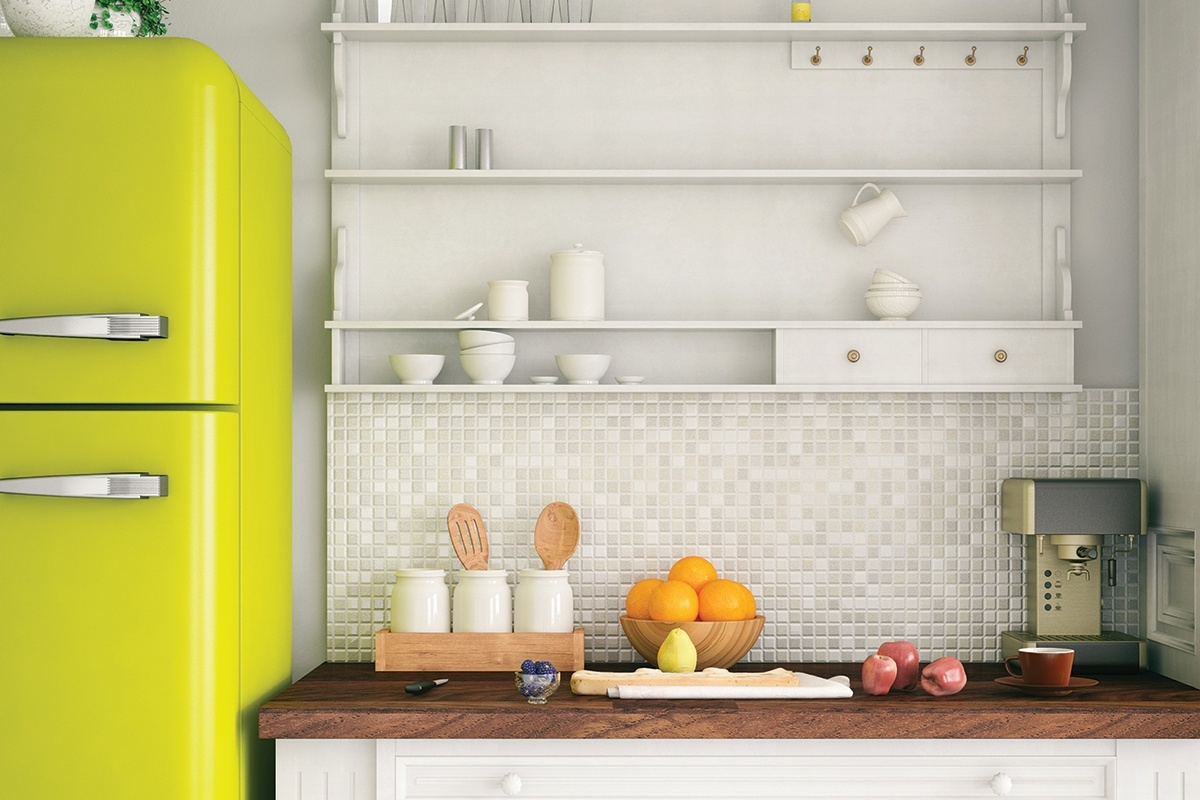As homeowners with bills to pay, our tendency is to buy an appliance and keep it running as long as possible—but this may not be the greatest strategy for energy efficiency. Old, inefficient appliances bloat electric bills because they eat up more energy than they’re worth.
To figure out how much energy your appliances use, check for an energy efficiency label. The amount of energy typically used per year is listed in kilowatt-hours. If a label is not available, a home inspector can estimate energy use by determining the age of the appliances in the house and assessing their operation by checking for signs of wear and damage.
To translate this energy use into electric expense, check your utility bill to find out the kilowatt-hour rate, then multiply the rate by the number of kilowatt-hours your appliance uses per year to figure out the annual cost it takes to operate the appliance. By adding this figure to the initial purchase and repair costs of the appliance, you then have a comparison level to decide whether your appliance would cost you more or less to run than a new one.
If your appliance is nearing the end of its life span, it’s time to calculate whether repairing it or replacing it will cost more. Here are some typical life spans of appliances:
Dishwasher: 13 years
Air conditioner: 15 years
Microwave: 15 years
Refrigerator: 15 years
Washer/dryer: 16 years
Furnace: 17 years
Range: 18 years
Consider improvements to some of the biggest energy-using appliances in the household. A new refrigerator uses about 50 percent less energy than older models and can feature a CFC-free, sealed system, more storage and easier cleaning.
A new washer or dryer unit uses 30 percent less energy than older models and features greater capacity, better cleaning, quieter operation, preprogrammed cycle selections, reduced water usage and dryness sensors.
As a result of technological improvements made by appliance manufacturers, newer machines not only use less electricity, they also have more operational features and are made to last longer than counterparts produced within even the last decade.


